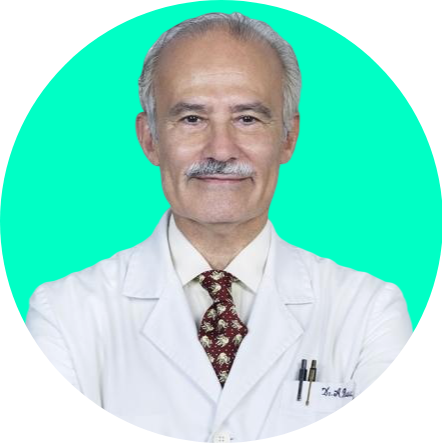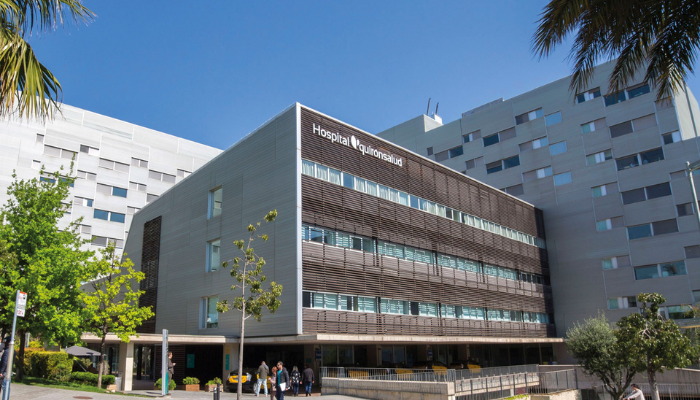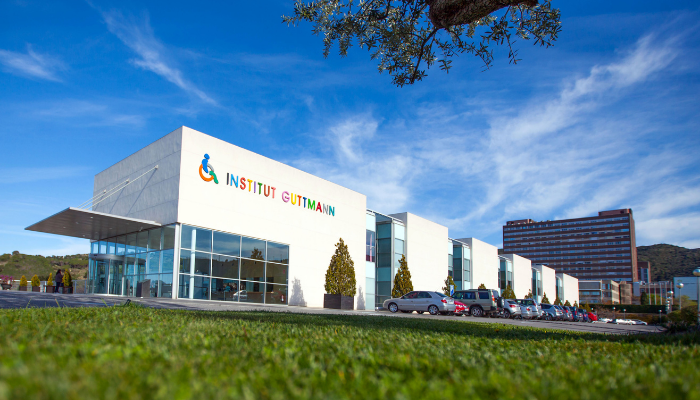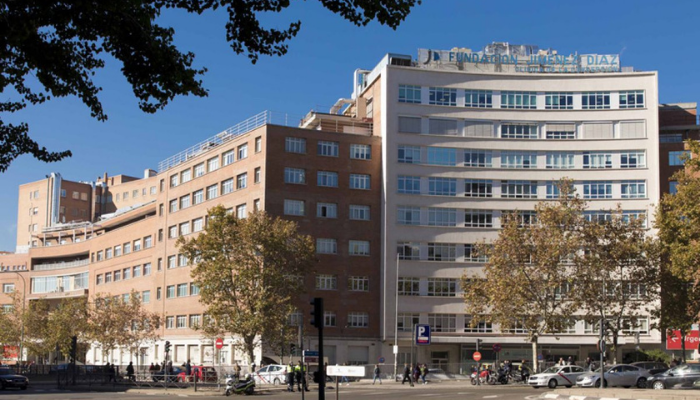Parkinson’s Disease treatment in Spain
Parkinson’s Disease is a condition that belongs to what we call “Movement Disorders”. It is a chronic and progressive neurological disease.
The best neurologists and therapists in neurological rehabilitation of traumatic brain injuries can be found in Spain. Every neurorehabilitation clinic in Spain allows the patient to benefit from all the services available: physiotherapy rooms, gym, specialised stretchers, swimming pools and much more.
Can we help you?
In a few moments, one of our specialists will contact you.









